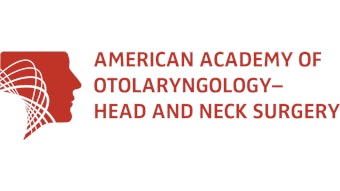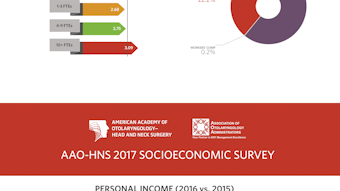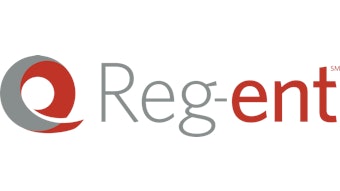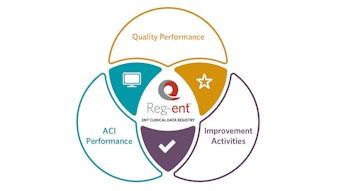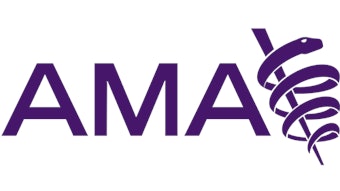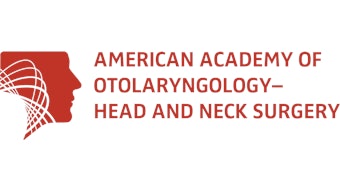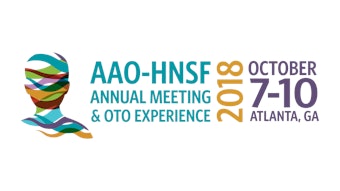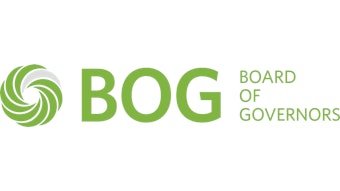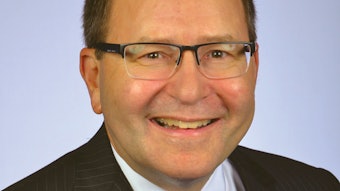Re-imagine the future
I am confident in assuring you, every member of this esteemed Academy, that the future of otolaryngology is bright and strong!
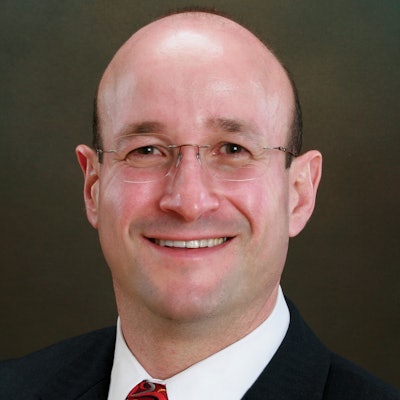 Gavin Setzen, MD
Gavin Setzen, MD
AAO-HNS/F Past President
My goal is to focus activities and initiatives within the strategic plan to make the practice of otolaryngology less complicated, more fulfilling, and more rewarding to continuously strengthen the joy from our collective ability to provide the best otolaryngology care to our patients.
Like most things in life, relationships and people (members and patients) are central to the success and meaningful outcome of any worthwhile endeavor. Just look around at your own activities and it is the strength, interconnectedness, trust, and ability to work together that yields the most meaningful results. The Academy is no different.
I am enormously proud and immensely humbled to assume the role of president of the American Academy of Otolaryngology—Head and Neck Surgery. I would like to thank Past-President Gregory W. Randolph, MD, and James C. Denneny III, MD, EVP/CEO, for their tremendous mentorship, support, and leadership.
I share with you my vision and goals for the year ahead.
- Strengthen member relationship and experience through transparent communication, collaboration, and organizational and fiscal responsibility to deliver on the AAO-HNS/F promises. Together, with our enormously talented and dedicated Academy staff, we will strengthen member satisfaction working with you at every level through all venues with diverse input, participation, and representation.
- Ensure specialty unity is fundamentally important to the success of our future. Nurturing subspecialty society relationships with shared vision and goals, while collaborating with the American College of Surgeons (ACS), American Board of Otolaryngology (ABOto), and other key stakeholders in ongoing coalition-building efforts is “table stakes” moving forward. When we speak with one voice as a specialty and in the house of medicine, we have an opportunity to affect the discourse on healthcare reform, to optimize quality, access, and affordability of patient-centered care for all.
- Adapt strategic planning at the leadership retreat in December to align our goals and tactics to the contemporary changes affecting our specialty, prioritizing high-quality activities, with ongoing opportunities to improve organizational performance, while leveraging relationships, locally and globally.
- Facilitate data liberation by leveraging Reg-entSM, the AAO-HNS Qualified Clinical Data Registry (QCDR). In my opinion, it is the “great leveler.” It offers every otolaryngologist, in every practice setting, the ability to more easily comply with burdensome regulatory and reporting requirements for MACRA and MIPS, providing data capture, processing, and retrieval across the care continuum. You now can better demonstrate your quality and value to patients, regulators, payers, and others.
- Support wellness and future practice in otolaryngology. These are transformational issues requiring introspective review and analysis to ensure that you, our members, remain healthy, resilient, and resourceful in delivering care in this rapidly changing, complex healthcare environment.
Burnout affects the whole profession. It is imperative and incumbent on the Academy to provide the tools and resources to ensure member wellness, while critically evaluating and adapting to expected changes in otolaryngology practice.
Workforce issues will require special attention: The roles of the generalist and specialist, education, to making relevant changes.
Challenge the assumption that independent otolaryngology practice is no longer viable. As a private practice Academy president, in a 10-physician, five-physician assistant practice, I assert that the future is positive, especially in an era of “site-neutrality” with respect to Medicare reimbursement for outpatient services provided in off-campus hospital outpatient settings. The financial motivation for hospital and other integrated medical systems to purchase private practices is declining and physician satisfaction in these models is deteriorating. More than 50 percent of practicing otolaryngologists are still in private practice settings.
Inspired leadership at all levels in the Academy, built on mutual respect, trust, shared aspirations, and goals, will allow us to further grow as a high-achieving culture and to function as a high-performance organization yielding astonishing results. Your buy-in and participation is crucial to our success.
Albert Einstein once said: “Logic will get you from A to Z. Imagination will get you everywhere.”
Join with us in this exciting challenge as we re-imagine the future of Otolaryngology—Head and Neck Surgery!

